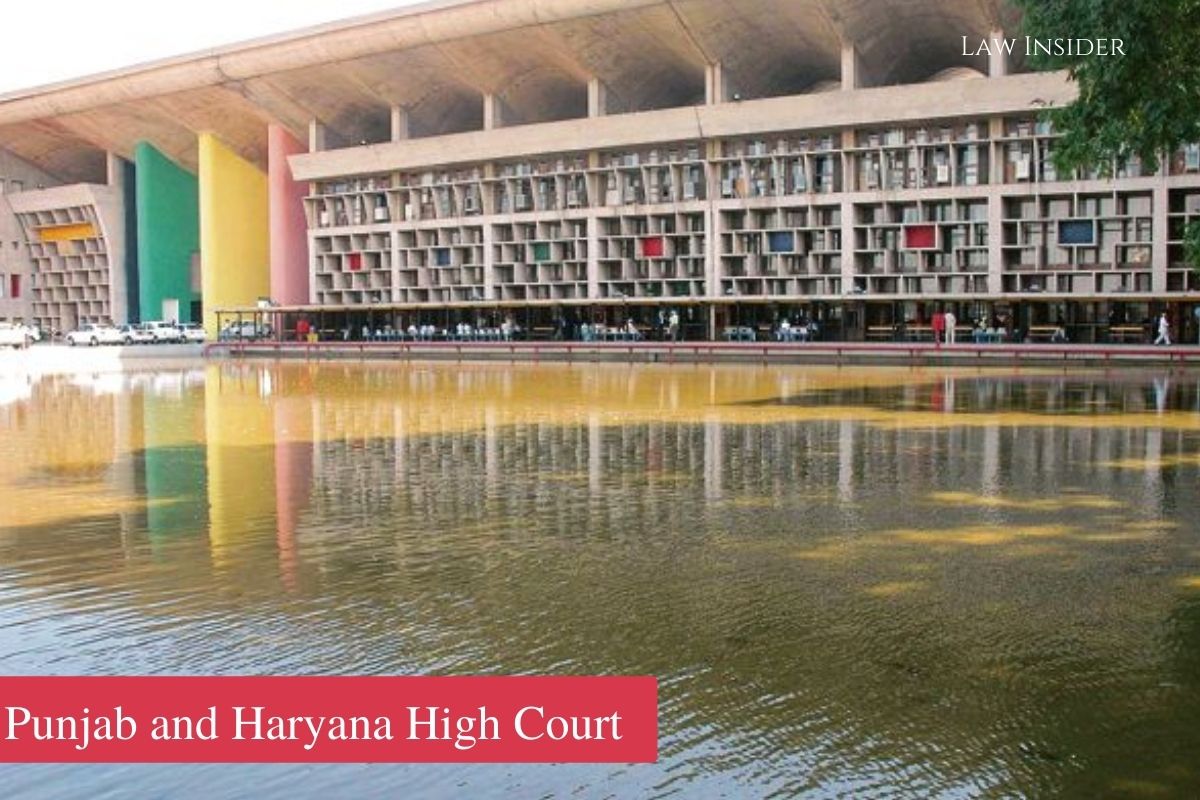LI Network
Published on: 21 September 2023 at 13:19 IST
The Punjab & Haryana High Court has issued a directive instructing the Punjab State government to transmit all relevant documents for sanction to prosecute former Chief Secretary of Punjab, Vinay Kumar Janjua, in a corruption case dated back to 2009.
The case revolves around allegations that Janjua, during his tenure as the Director of Industries and Commerce, accepted a bribe of Rs. 2 lakh.
Presiding over the case, Justice Anupinder Singh Grewal emphasized the gravity of the allegations and highlighted the court’s responsibility in ensuring that justice is not only served but also seen to be served in cases involving high-ranking government officials.
Justice Grewal stated, “This Court cannot turn a blind eye to the serious allegations against the petitioner. If this Court allows the matter to be closed or brushed under the rug at this stage, it would be failing in its duty to ensure that justice is not only done but also perceived to be done in cases involving corruption by high government functionaries. Upholding the rule of law is the sacred duty of this Court, and any leniency in corruption cases would erode the trust of the common man in the rule of law.”
While the court acknowledged its inability to directly mandate the authority to grant sanction, it directed the competent authority to “carefully consider” the issue of granting sanction to prosecute Janjua.
The case originated from a plea filed by Tulsi Ram, contesting a Special Court’s decision to exonerate Janjua from charges under Sections 7 and 13(2) of the Prevention of Corruption Act, 1988. The petitioner argued that the allegations against Janjua were grave, as he was caught red-handed accepting a bribe of Rs. 2 lakhs, with two witnesses present.
The State government supported the petitioner’s plea, asserting that the absence of sanction from the competent authority should not nullify the entire trial. Interestingly, the court revealed that the State government initially granted sanction for prosecution but later realized it lacked the competence to do so and forwarded the request to the Central government. However, the State subsequently withdrew its communication to the Central government before a decision could be made.
Justice Grewal clarified that objections regarding the validity or absence of a valid sanction could be raised at various stages, including during the trial. However, it should not disrupt the trial once it has commenced. Furthermore, the court dismissed Janjua’s claims that the case against him was maliciously motivated.
In a broader context, the court commented, “…although the salaries of government employees have increased significantly over the years, corruption continues unabated as there is no limit to human greed. The social stigma associated with corruption is also diminishing.”
The court further emphasized the need to increase the risks associated with engaging in corrupt practices to serve as a deterrent. It also noted that the ongoing criminal proceedings against Janjua had not impeded his career progression, as he had ascended to prominent positions within the government.
In its final judgment, the bench upheld the trial court’s decision to exonerate Janjua but directed the Punjab government “to forward all documents pertaining to the consideration for grant of sanction to prosecute respondent No.2 (Janjua) to the Central Government.” The Central Government was tasked with making a final decision on sanction within a specific time frame.
The court stressed that its remarks were specific to this case and should not be construed as an expression of opinion on the merits of the case against respondent No.2.
Case: Tulsi Ram Mishra Vs State of Punjab and others

